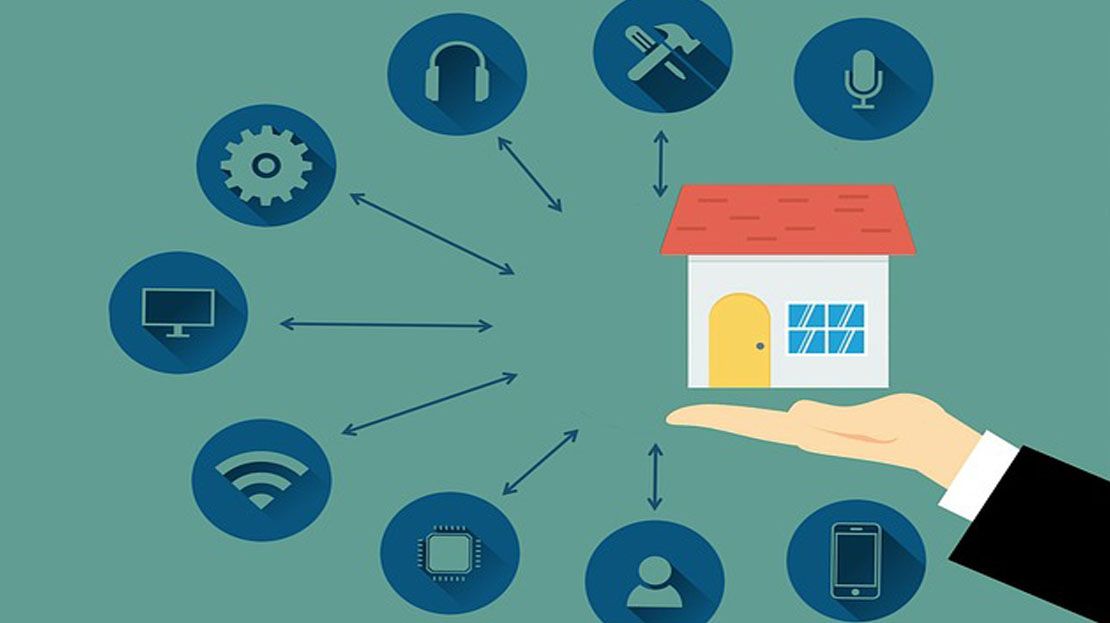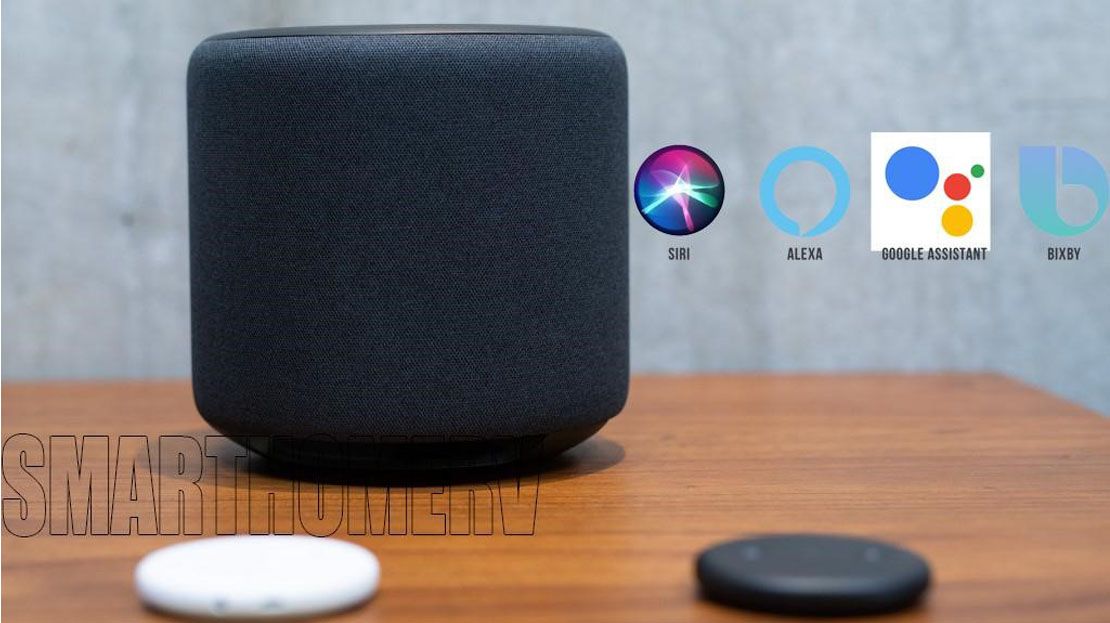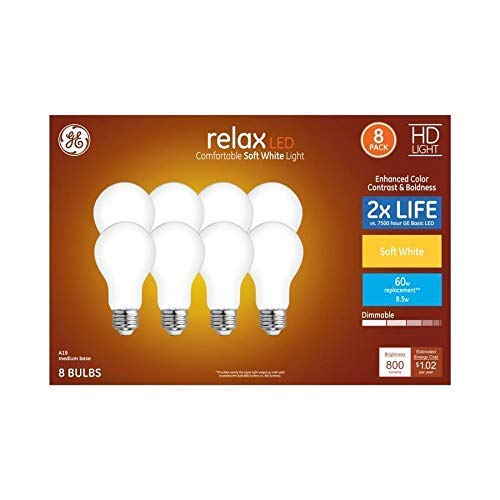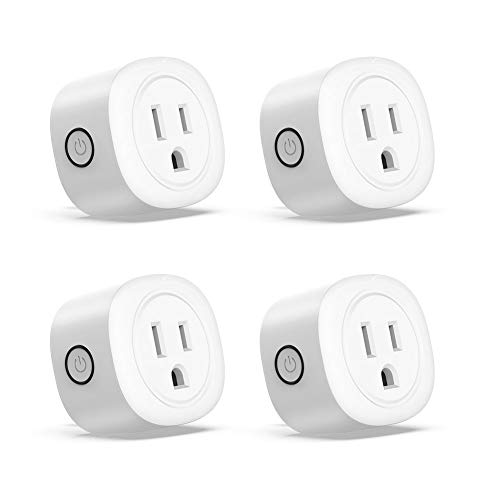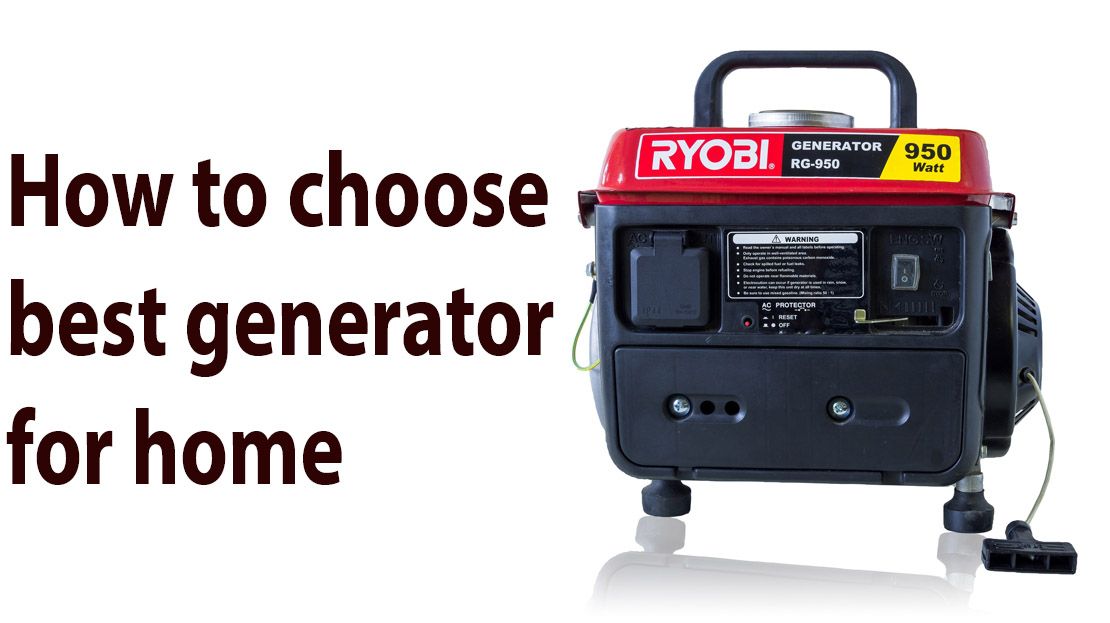
Introduction
Power outages are a common occurrence in many areas, and they can leave you without electricity for extended periods. Having a backup generator at home can provide you with peace of mind, knowing that you can power your essential appliances and devices when the power goes out. In this article, we will discuss the various factors you need to consider when choosing the best generator for your home.
Types of Generators
There are two types of generators: portable and standby. Portable generators are smaller and can be moved from one location to another, while standby generators are larger and are permanently installed outside your home. Standby generators are more powerful and are capable of providing power to your entire home, while portable generators are suitable for powering specific appliances and devices.
- Related: Best Portable Generator For Home
Fuel Type
Generators can run on various types of fuel, including gasoline, propane, diesel, and natural gas. Gasoline generators are the most common and are widely available, but they can be noisy and have a shorter lifespan. Propane and natural gas generators are cleaner and quieter, but they can be more expensive to purchase and install.
- Related: Best Dual Fuel Generator
Wattage Requirements
The wattage requirements of your home will determine the size of the generator you need. You can calculate your wattage requirements by adding up the wattage of all the appliances and devices you want to power during an outage. It is important to choose a generator that can provide enough power to run all your essential appliances and devices.
Size and Portability
The size and portability of a generator are crucial factors to consider when choosing a generator for your home. If you have limited space, a portable generator may be a better option. However, if you have ample space and want a generator that can power your entire home, a standby generator is the way to go.
- Related: Best Generator For Camping
Noise Level
Generators can be noisy, and this can be a significant concern if you have neighbors nearby. Portable generators are generally louder than standby generators, and you should choose a generator with a noise level that is acceptable for your location.
Runtime
The runtime of a generator refers to how long it can provide power on a single tank of fuel. It is essential to choose a generator with a runtime that meets your needs. A generator with a longer runtime can provide power for an extended period without the need for frequent refueling.
Maintenance
Generators require regular maintenance to ensure they operate correctly when you need them. It is essential to choose a generator that is easy to maintain and has readily available replacement parts. Regular maintenance includes oil changes, filter replacements, and other routine maintenance tasks.
Price
Generators come in various price ranges, and it is essential to choose a generator that fits your budget. Portable generators are generally less expensive than standby generators, but they are also less powerful. Standby generators are more expensive but can provide power to your entire home and are more reliable during extended power outages.
Brand and Reputation
When it comes to generators, it is essential to choose a reputable brand that is known for producing quality products. Look for brands that have a track record of producing reliable and durable generators. Reading customer reviews can also help you determine the quality of the brand and the product.
Conclusion
Choosing the right generator for your home is a crucial decision that can provide you with peace of mind during power outages. Consider factors such as fuel type, wattage requirements, size and portability, noise level, runtime, maintenance, price, and brand reputation when making your decision. With the right generator, you can ensure that your essential appliances and devices stay powered during power outages.
FAQs
What size generator do I need for my home?
The size of the generator you need depends on your wattage requirements. Calculate your wattage requirements by adding up the wattage of all the appliances and devices you want to power during an outage.
Can I connect a generator to my home's electrical panel?
Yes, you can connect a generator to your home's electrical panel using a transfer switch.
Can I use a portable generator in an apartment?
Yes, you can use a portable generator in an apartment, but you should ensure that it is placed in a well-ventilated area.
What is the average lifespan of a generator?
The average lifespan of a generator is around 10-15 years, depending on the type and quality of the generator.
How often should I maintain my generator?
You should perform regular maintenance on your generator, including oil changes and filter replacements, as recommended by the manufacturer.
In conclusion, choosing the best generator for your home requires careful consideration of various factors. By following the guidelines outlined in this article, you can make an informed decision and ensure that your home is prepared for power outages. Don't forget to conduct regular maintenance on your generator to ensure that it remains in good working condition for years to come.






